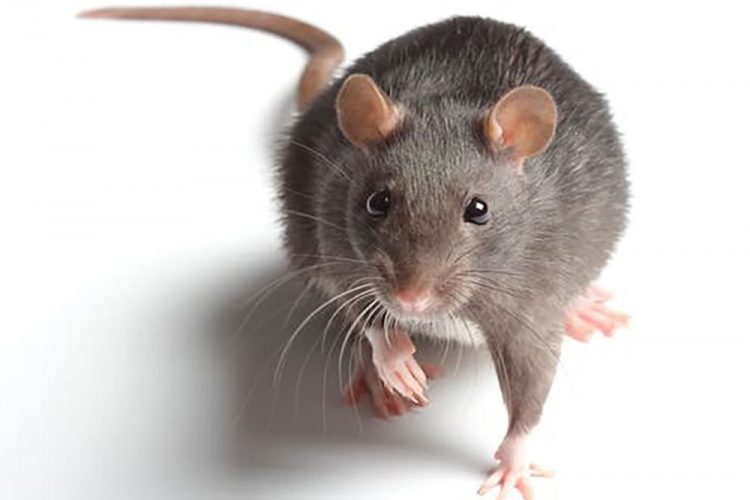Leptospirosis: Beware of Rats!

Recently, there were reported cases of deaths from Leptospirosis in St. Vincent and the Grenadines. From time to time, we hear of similar occurrences in other countries. Sometimes there may be outbreaks of the disease after natural disasters, such as flooding.
Leptospirosis is an infection in rodents and other wild and domesticated species. Rodents are the main source of transmission most often in human cases. The infection in human is contracted through skin abrasions and the mucosa of the nose, mouth and eyes. One can become exposed to the bacteria through water contaminated by urine from infected animals. Similarly, food left in the reach of rodents can become contaminated. Transmission from human-to-human is rare.
People who work outdoors, like agricultural workers or those who dwell in the hills, are particularly at risk, but it is also a recreational hazard to those who swim or wade in contaminated waters.
Leptospirosis can cause a wide range of symptoms, including high fever, headache, chills, muscle aches, vomiting, jaundice (yellow skin and eyes), red eyes, abdominal pain, diarrhoea and rash.
Many of these symptoms can be mistaken for other diseases, so if you think that you may have been exposed to contaminated water or consumed contaminated water or food let your health care provider know this. Some infected persons may have no symptoms at all.
The time between a person’s exposure to a contaminated source and becoming sick is 2 days to 4 weeks. Illness usually begins abruptly with fever and other symptoms. Leptospirosis may occur in two phases:
- After the first phase (with fever, chills, headache, muscle aches, vomiting, or diarrhea) the patient may recover for a time, but become ill again.
- If a second phase occurs, it is more severe; the person may have kidney or liver failure or meningitis. The illness lasts from a few days to 3 weeks or longer. Without treatment, Leptospirosis can lead to kidney damage, meningitis (inflammation of the membrane around the brain and spinal cord), liver failure, respiratory distress, and even death.Leptospirosis is treated with antibiotics which should be given early in the course of the disease.
Prevention of the disease is key. Firstly, avoid contaminated water. Be mindful of where you store your water. Do not drink the water unless you’re sure it’s clean. Also remember that leptospirosis can enter through other body openings, it’s also a good idea to avoid swimming, playing or fishing in freshwater areas that may be contaminated. Saltwater is generally safe.
Keep away from infected animals, especially wild rats. Rats and other rodents are the main carriers of the bacteria. About 20 percent of wild rats may have the bacteria. It is important to ensure that rats are not around the home. If you suspect that areas of the home may be contaminated with rat urine, use a disinfectant, such as bleach, lysol, acid solutions, and iodine, to clean the surface.
Dr. Rosmond Adams, MD; MSc (Public Health); M.S (Bioethics) is a medical doctor and a public health specialist with training in bioethics and ethical issues in medicine, the life sciences and research. He is a lecturer of medical ethics and Research Methods.
He is the Head of Health Information, Communicable Disease and Emergency Response at the Caribbean Public Health Agency (CARPHA). He is also a member of the World Health Organization Global Coordination Mechanism on the Prevention and Control of NCDs.
(The views expressed here are that of the writer and not of any organizations). You may contact him at adamsrosmond@gmail.com










